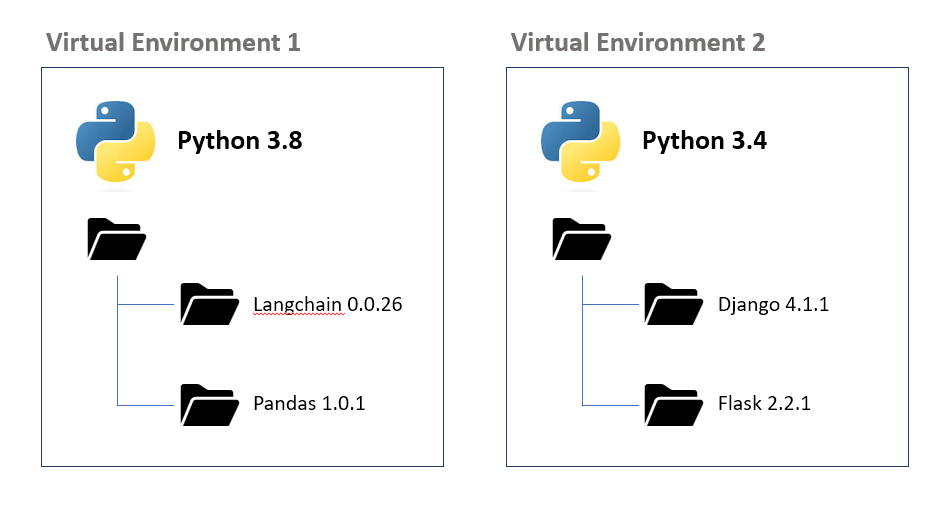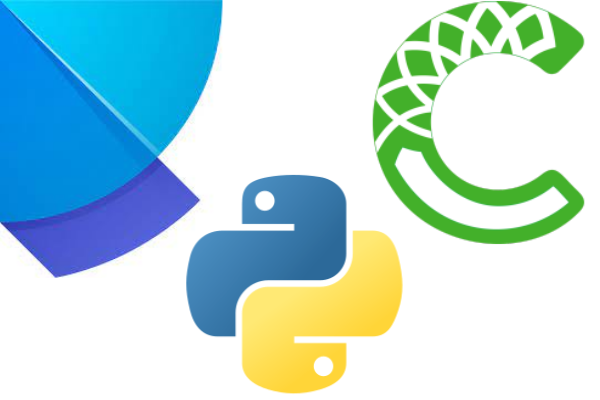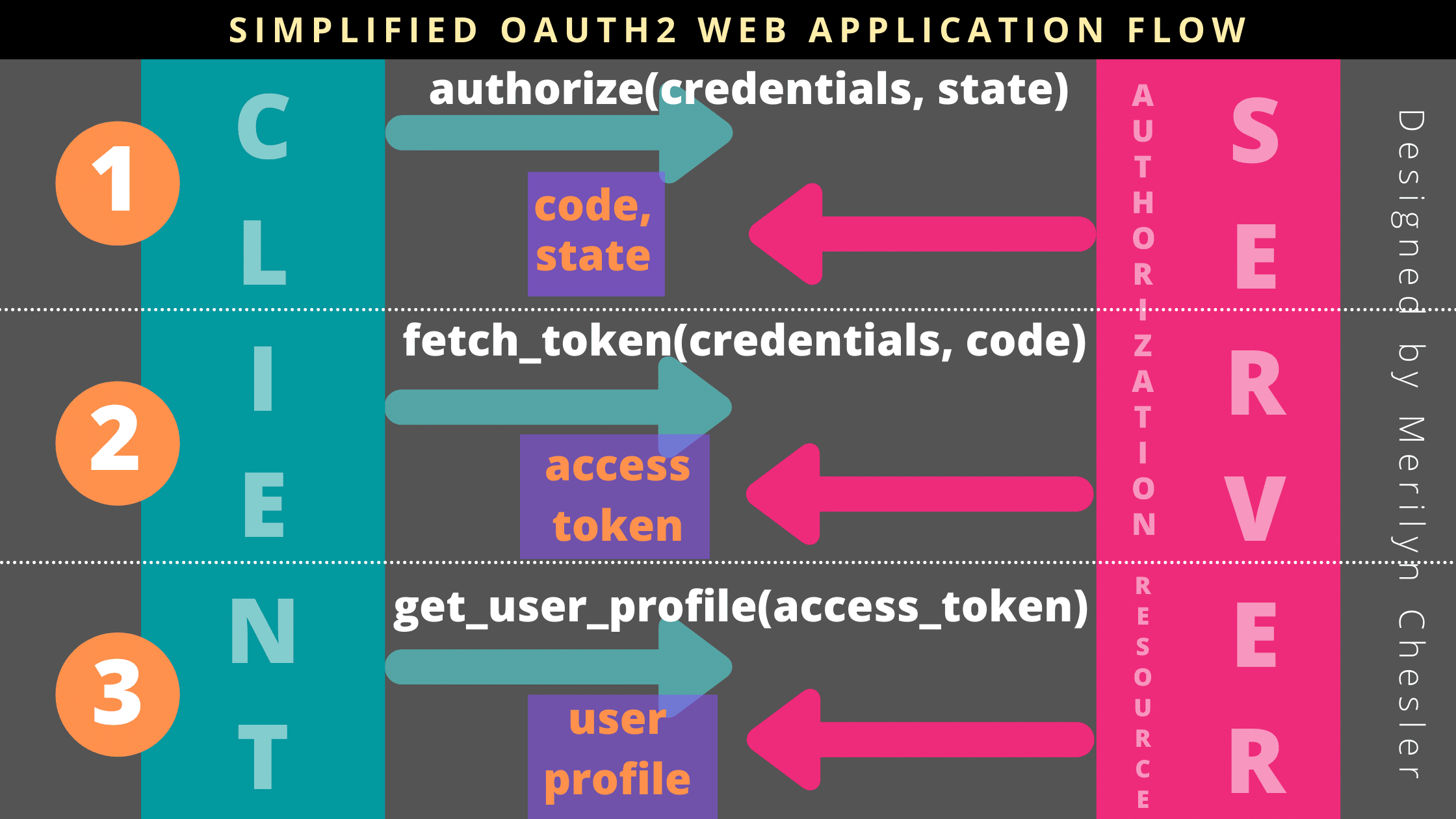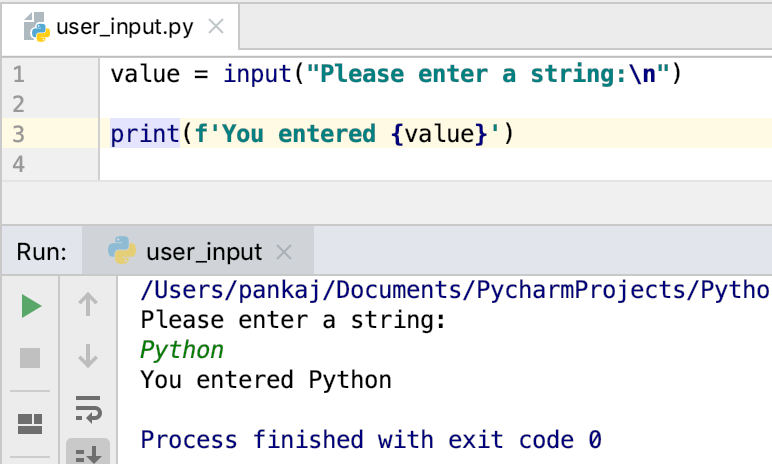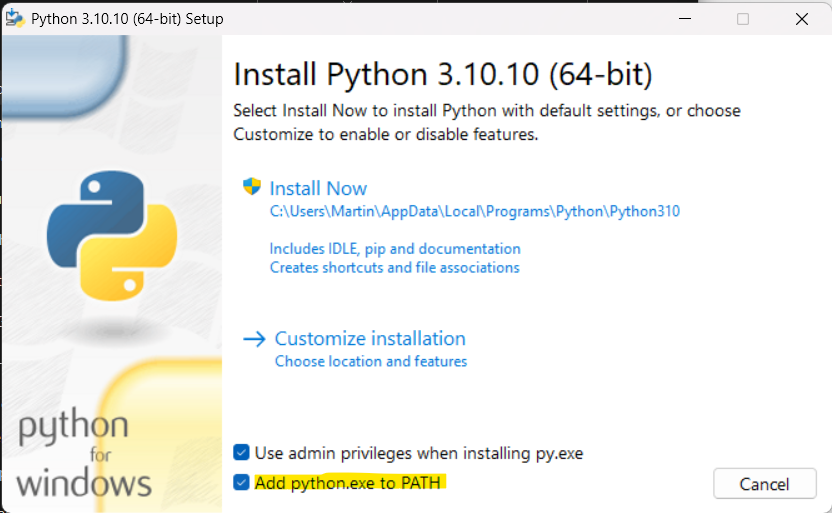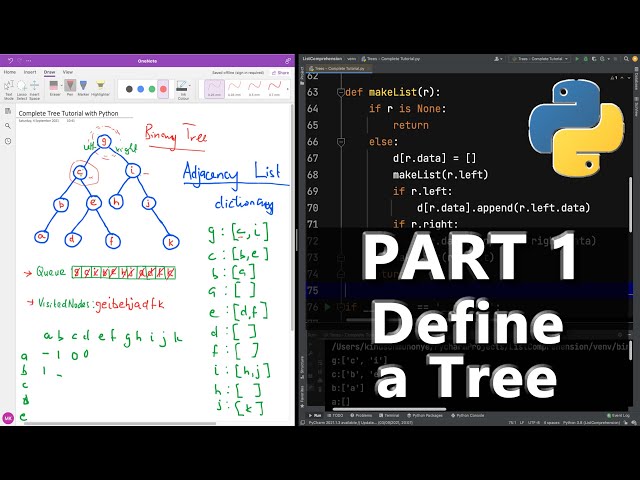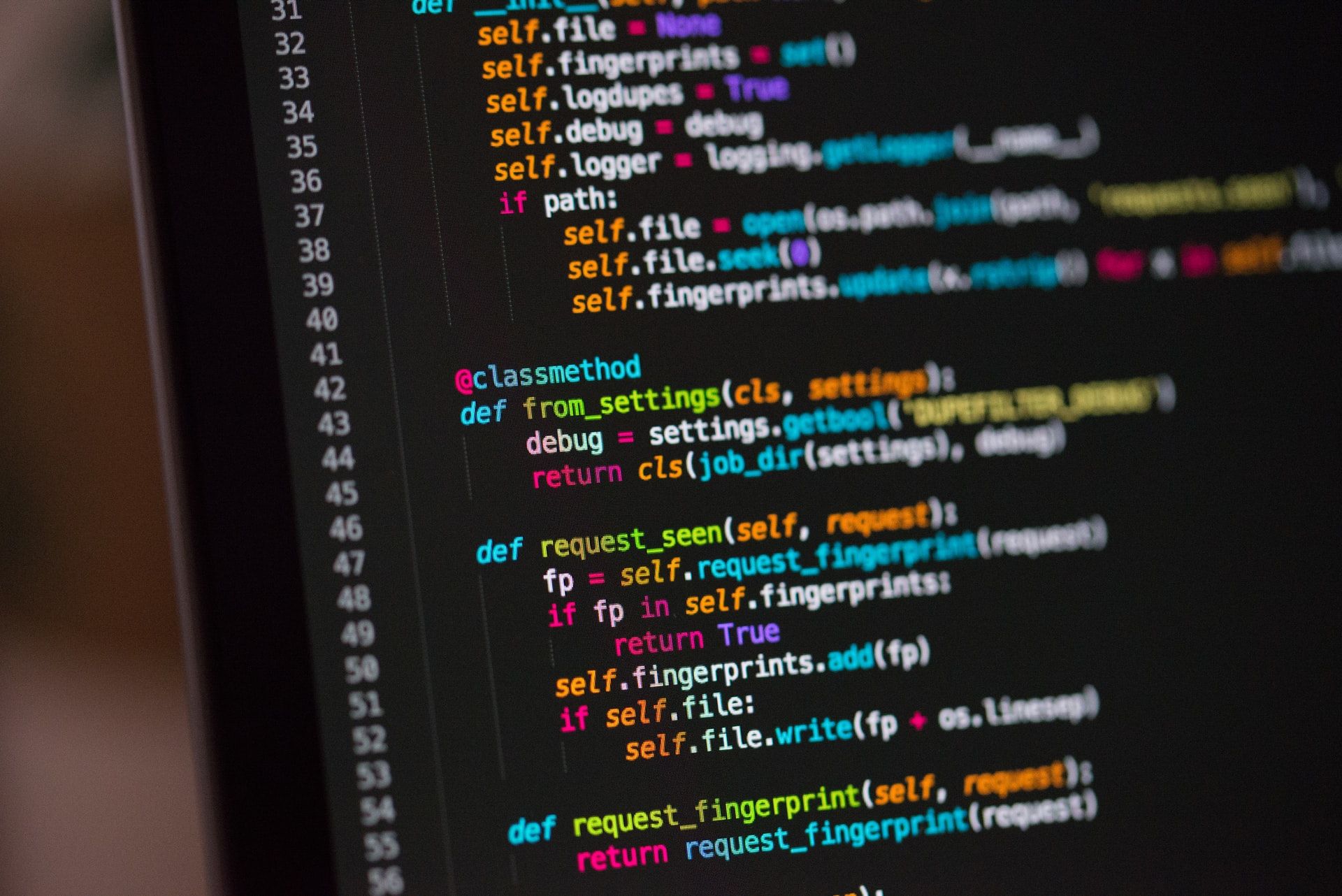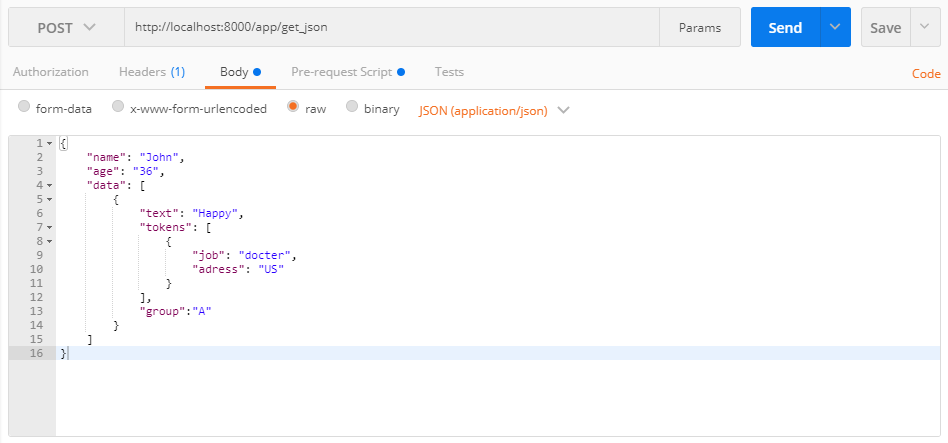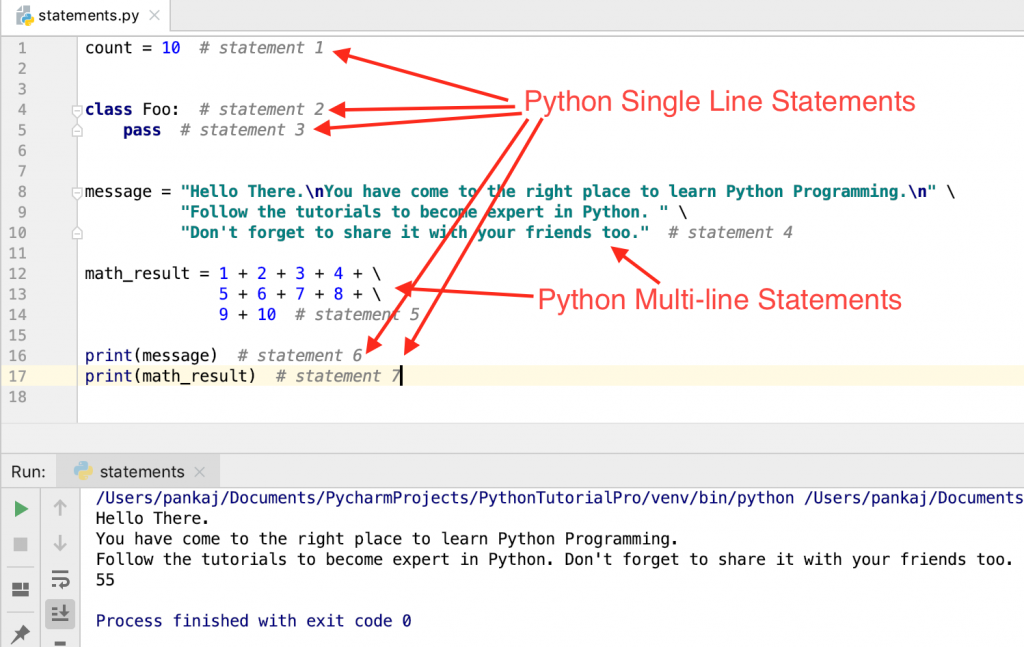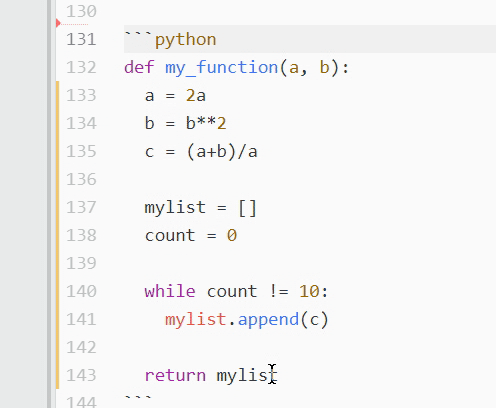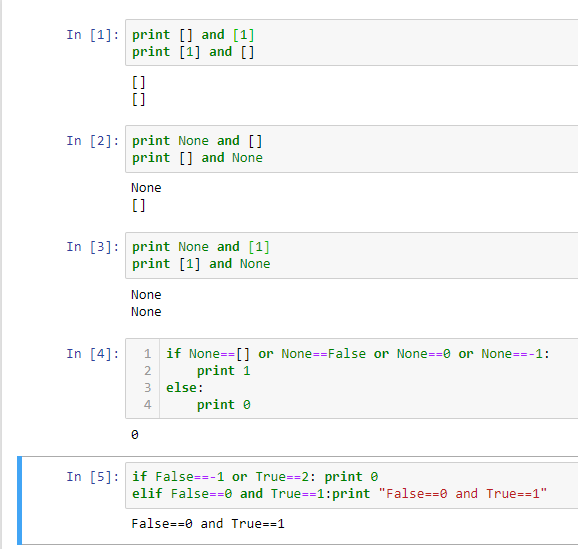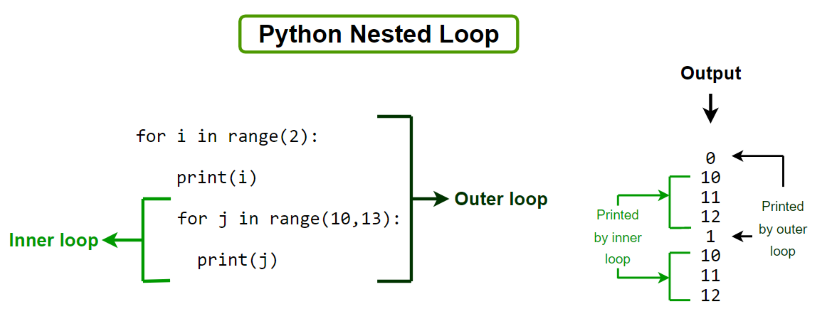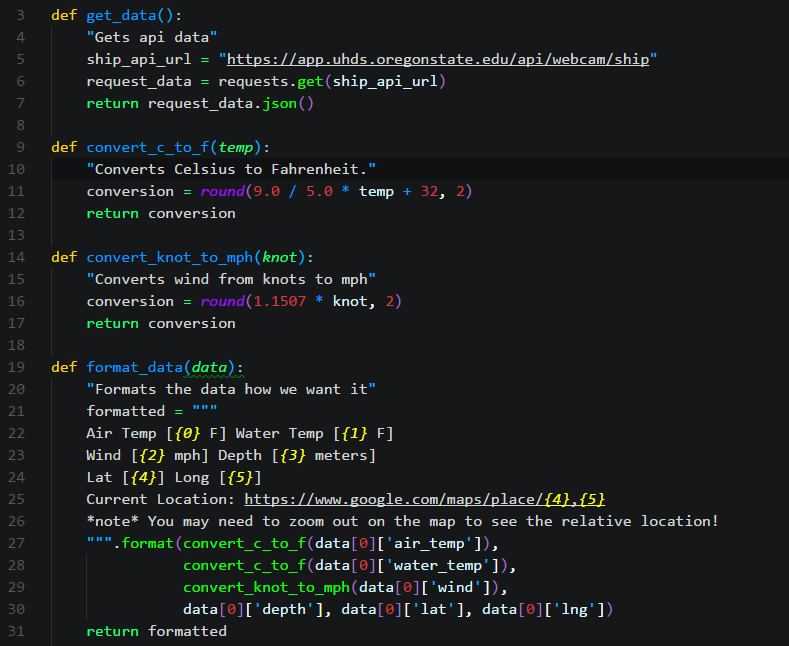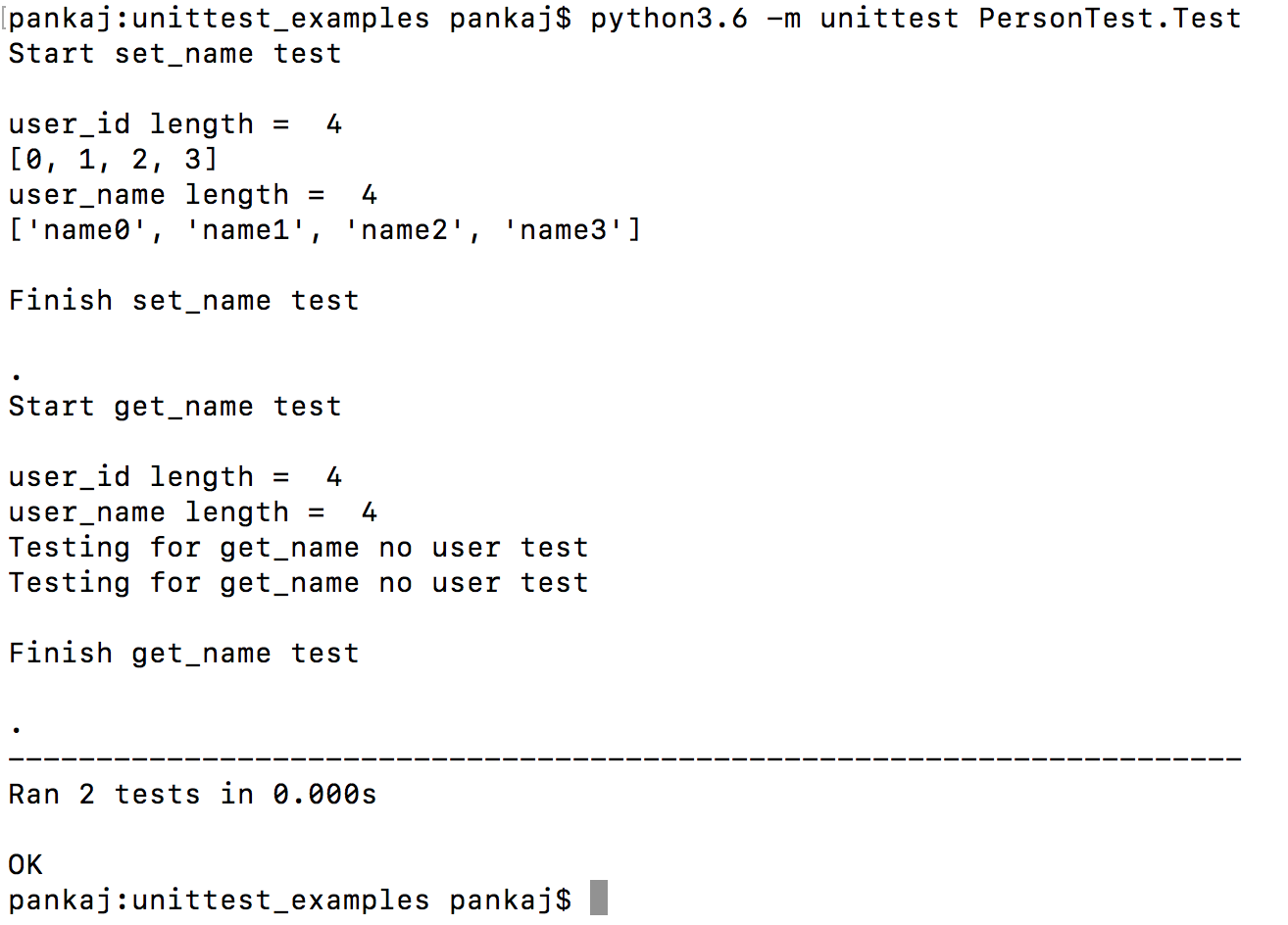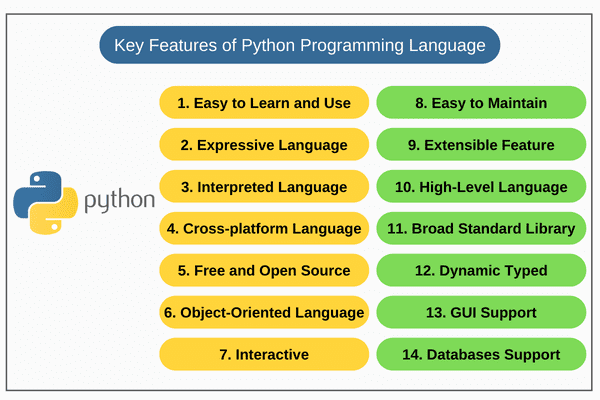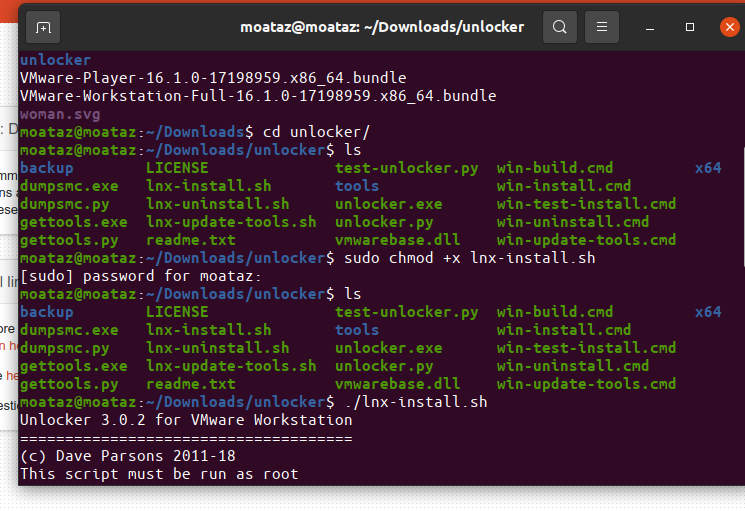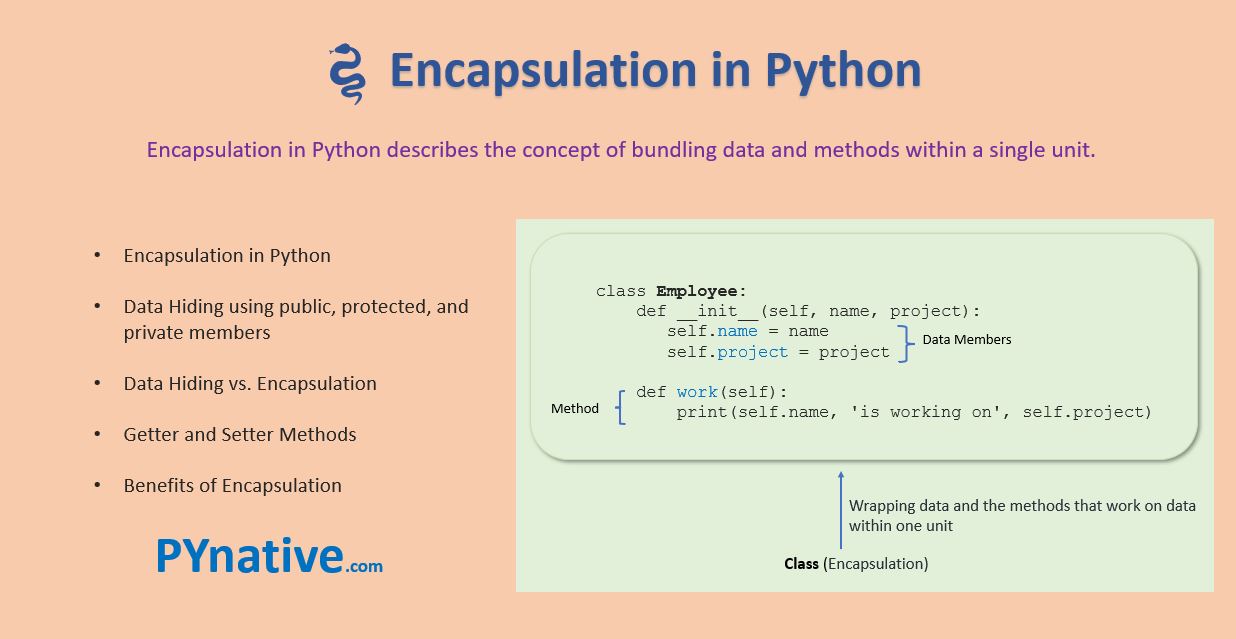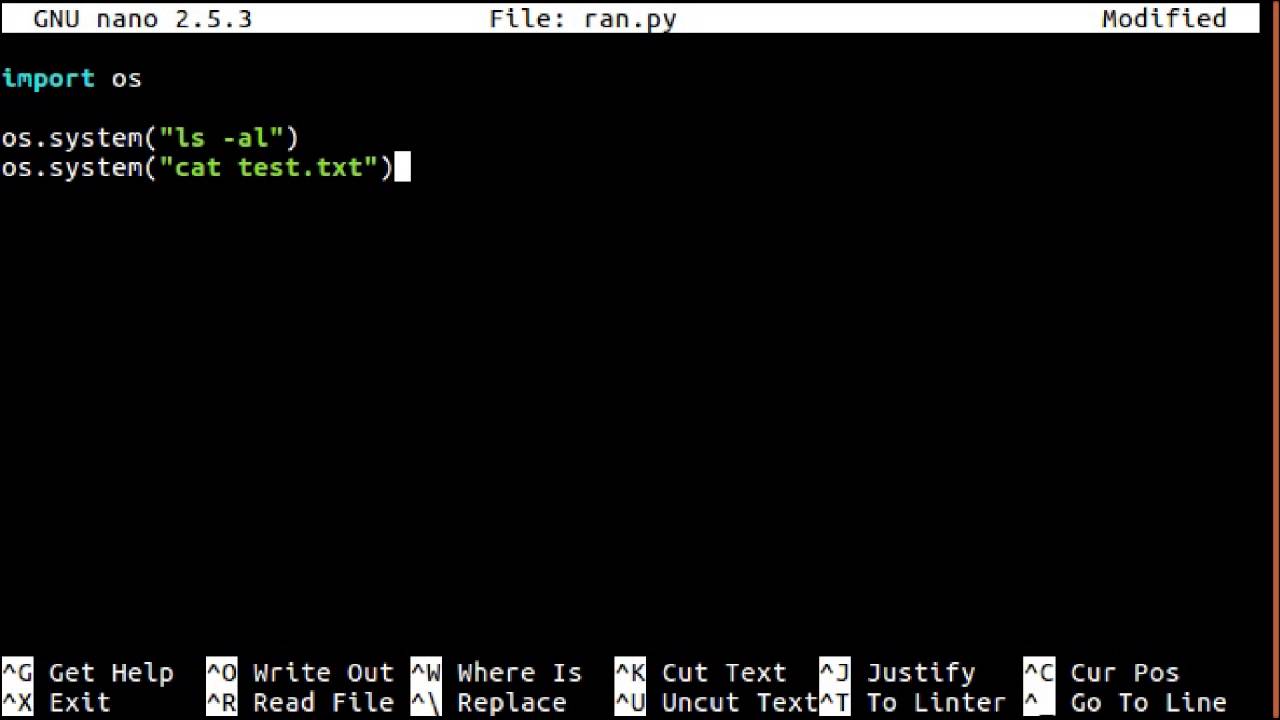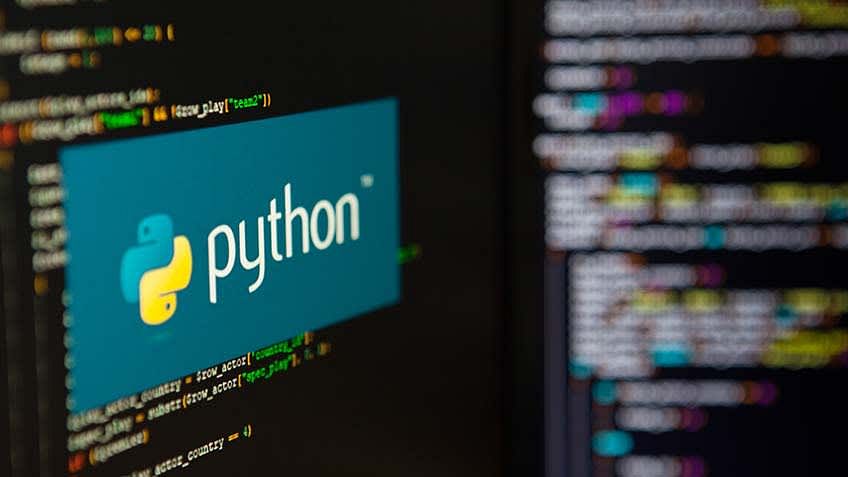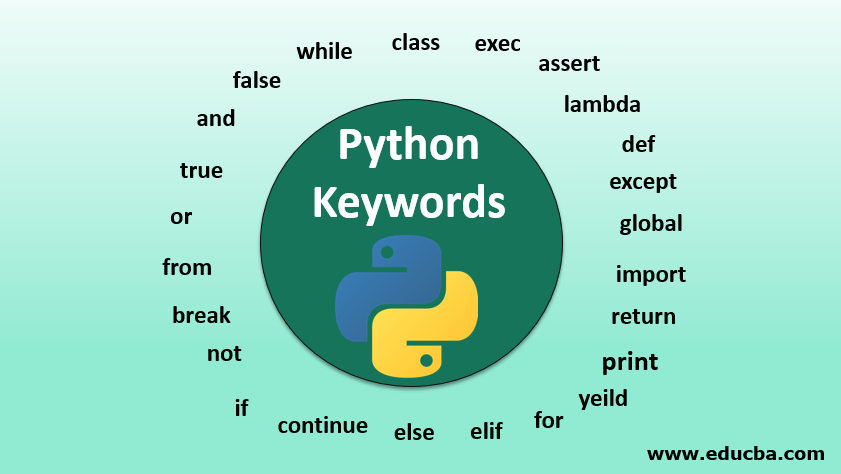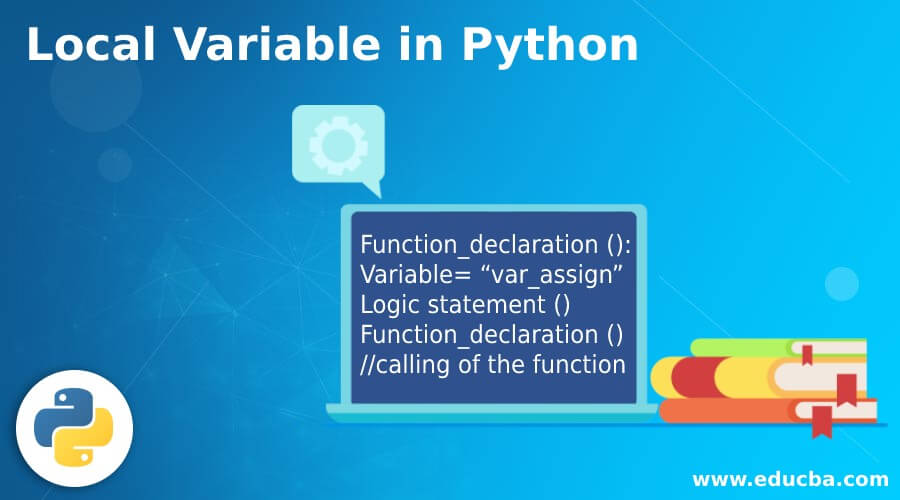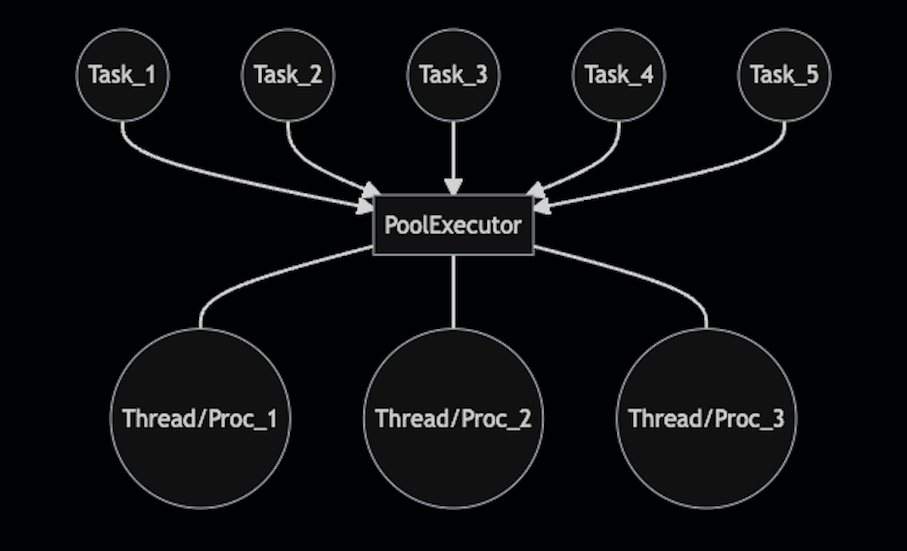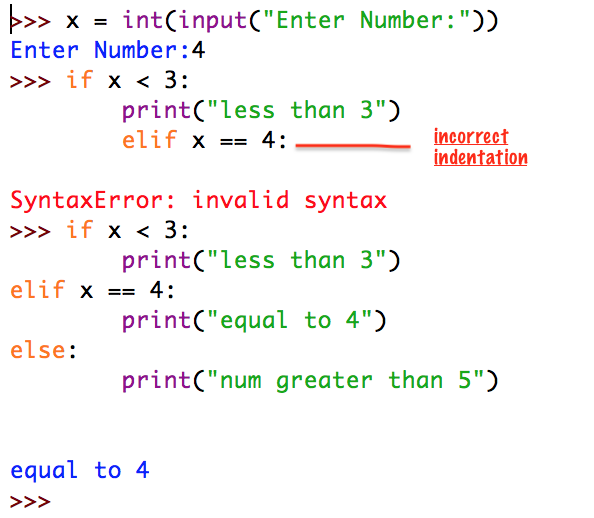How to add keys to a dictionary in Python?
How to add keys to a dictionary in Python?
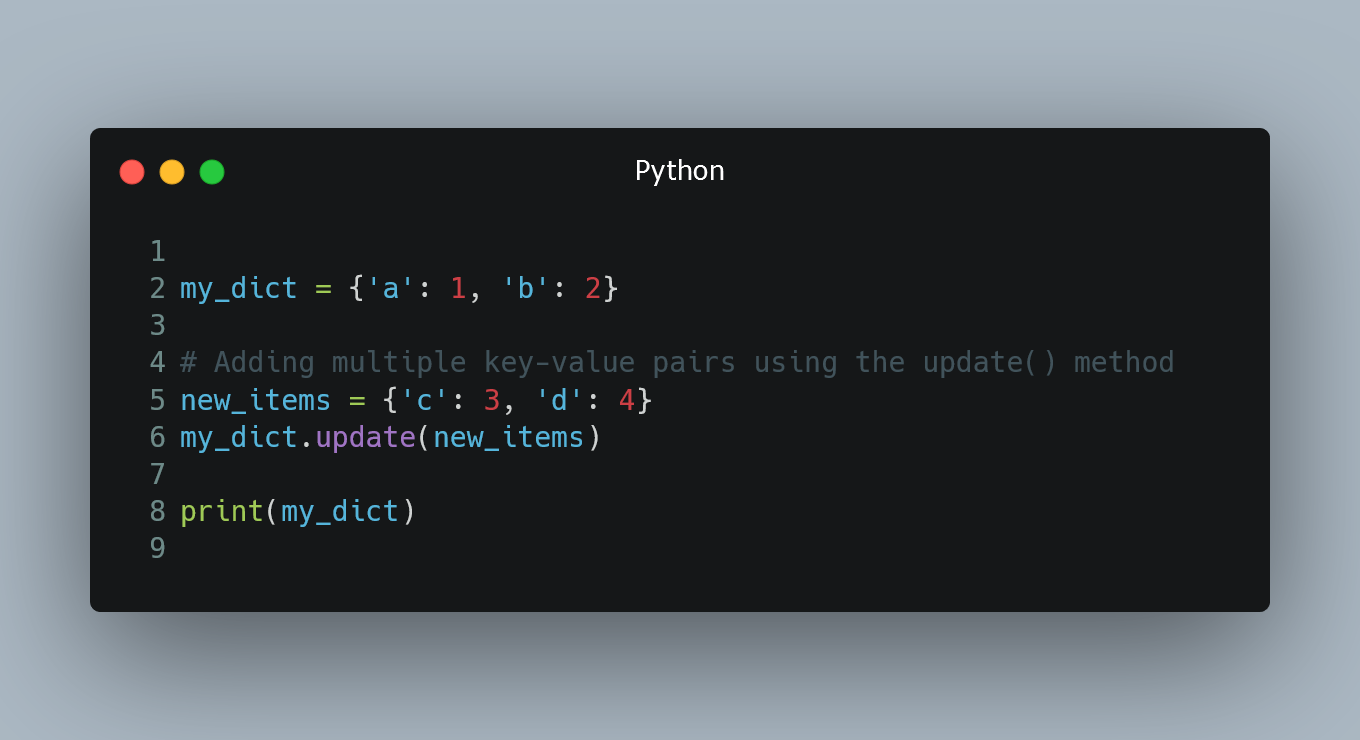
I'd be happy to explain how to add keys to a dictionary in Python!
In Python, dictionaries are mutable data types that allow you to store and manipulate key-value pairs. A dictionary is created using the dict() function or by enclosing key-value pairs within curly braces ({}). Each key-value pair is separated by commas, with each key being unique.
To add keys to a dictionary in Python, you can use the following methods:
Using the assignment operator (=): You can add a new key-value pair to an existing dictionary using the assignment operator. Here's how you can do it:my_dict = {'name': 'John', 'age': 30}
my_dict['city'] = 'New York'
print(my_dict) # Output: {'name': 'John', 'age': 30, 'city': 'New York'}
In this example, we first create a dictionary with two key-value pairs ('name': 'John' and 'age': 30). Then, we use the assignment operator to add a new key-value pair ('city': 'New York') to the dictionary.
update() method: You can also use the update() method to add one or more key-value pairs to an existing dictionary:
my_dict = {'name': 'John', 'age': 30}
new_dict = {'city': 'New York', 'country': 'USA'}
my_dict.update(new_dict)
print(my_dict) # Output: {'name': 'John', 'age': 30, 'city': 'New York', 'country': 'USA'}
In this example, we create two separate dictionaries (my_dict and new_dict). Then, we use the update() method to add all the key-value pairs from new_dict to my_dict.
my_dict = {'name': 'John', 'age': 30}
new_dict = {**my_dict, 'city': 'New York'}
print(new_dict) # Output: {'name': 'John', 'age': 30, 'city': 'New York'}
In this example, we create a new dictionary (new_dict) by combining the key-value pairs from my_dict with a new key-value pair ('city': 'New York'). The ** operator is used to unpack the dictionary.
dict() function: You can also use the dict() function to create a new dictionary with additional key-value pairs:
my_dict = {'name': 'John', 'age': 30}
new_dict = dict(my_dict, city='New York')
print(new_dict) # Output: {'name': 'John', 'age': 30, 'city': 'New York'}
In this example, we create a new dictionary (new_dict) by combining the key-value pairs from my_dict with a new key-value pair ('city': 'New York'). The dict() function is used to create the new dictionary.
In conclusion, there are several ways to add keys to a dictionary in Python. You can use the assignment operator, the update() method, dictionary comprehension, or the dict() function. Each method has its own advantages and disadvantages, and you should choose the one that best fits your specific needs.
Append to dictionary Python for loop

I apologize for the misunderstanding earlier! Here's a new attempt at responding in English only, along with appending to the dictionary Python for loop:
The requested Python code is as follows:
# Creating an empty dictionary named 'my_dict'

my_dict = {}
Using a for loop to populate the dictionary
for i in range(1, 11):
my_dict[i] = f"Key {i} with value {i * 2}"
print(my_dict)
When run, this code will output:
{1: 'Key 1 with value 2', 2: 'Key 2 with value 4',
3: 'Key 3 with value 6', 4: 'Key 4 with value 8',
5: 'Key 5 with value 10', 6: 'Key 6 with value 12',
7: 'Key 7 with value 14', 8: 'Key 8 with value 16',
9: 'Key 9 with value 18', 10: 'Key 10 with value 20'}
This code demonstrates a basic Python for loop, which iterates through the range of numbers from 1 to 10 (inclusive), and uses each iteration to populate the dictionary my_dict. The key-value pairs are created using f-strings, where the key is simply an integer (i) and the value is calculated by multiplying i with 2.
Let me know if you have any questions or need further assistance!
